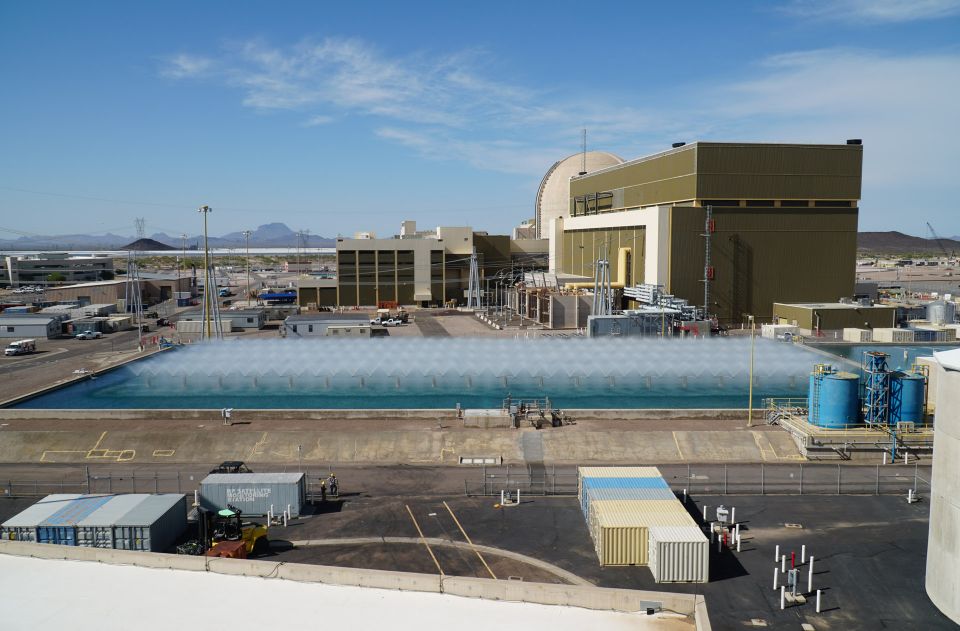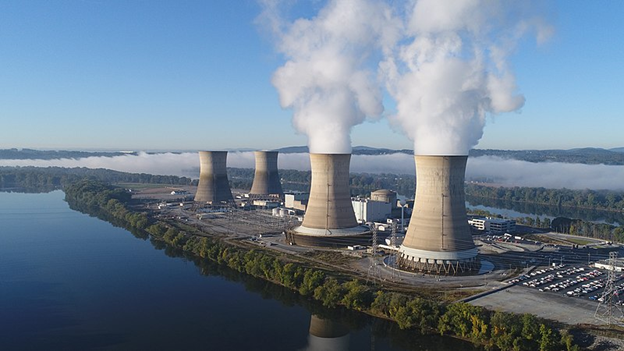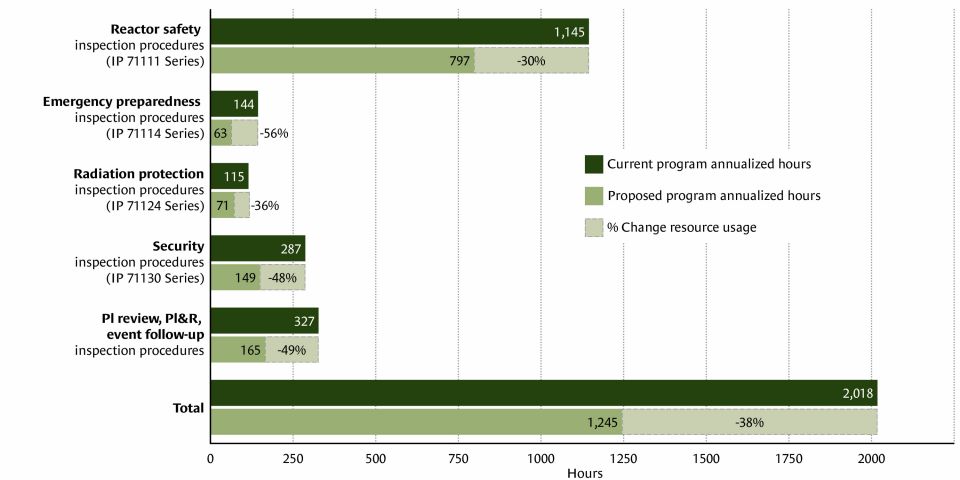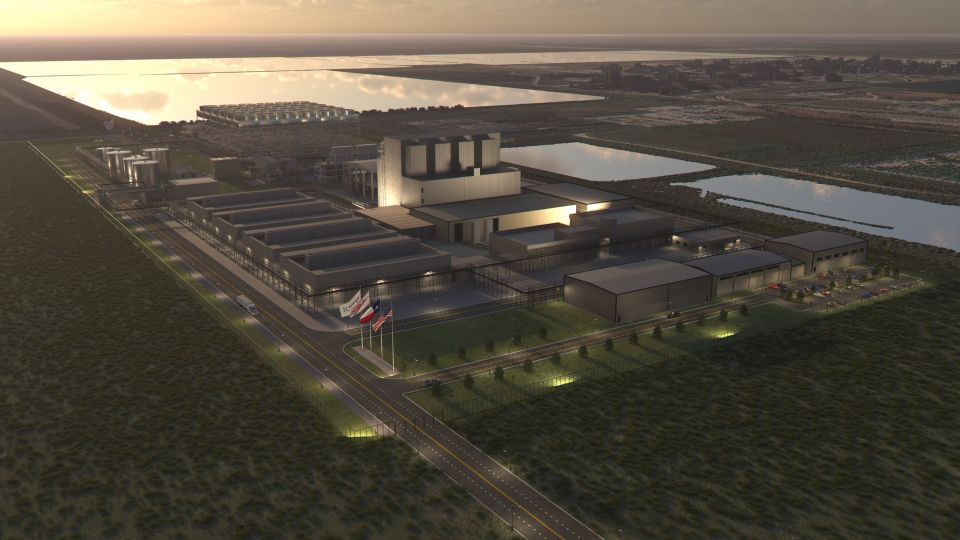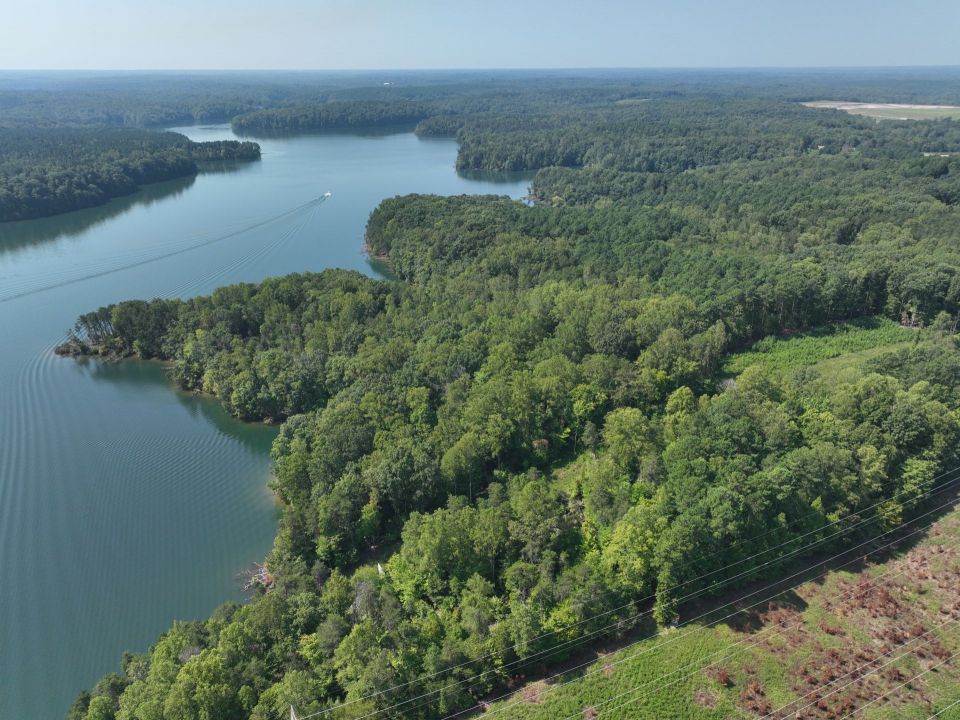GAO report looks at climate change and nuclear power
A new study by the Government Accountability Office researched potential impacts of climate change–related hazards on the U.S. nuclear fleet and found clear risks. In the report, which was released to the public last week, the GAO recommends that the Nuclear Regulatory Commission address these possible threats during the licensing process.

-3 2x1.jpg)
